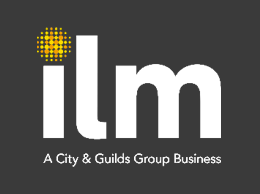In recent times, businesses leaders and employees have seen the importance of a supportive workplace and what a vital role first line managers have in creating that support. Being a modern day manager is more than just having the necessary technical knowledge and skills. To be great at your job and eventually become a great leader, you must possess some essential people management skills. These skills are valuable but continually evolve and develop throughout your career.
People skills can be defined as the ability to interact amicably with others. These personal attributes can affect relationships, interactions, and communications with others. And that is why they are invaluable for business success, particularly to those embarking on their first people management role.
Many believe that the key people skills, or soft skills, are crucial to becoming a great manager and when we refer to the list below, it’s easy to see why. Most senior executives, business owners and entrepreneurs today believe that soft skills are more important than hard skills.
Communication / Teamwork / Problem-Solving Skills / Decision-Making / Creativity / Delegation / Empathy / Trustworthiness / Time Management / Critical Thinking
Reading the above list make total sense and you can see just how they can become the glue that underpins the attributes that workers are look for in a supportive manager.
Remember, businesses are made up of people of different ages, from various backgrounds, and with different ideas of how to work. This means different groups within your business will be motivated by different things and will work best in particular ways.
To ensure that everyone in the team reaches their maximum potential, managers must build up a toolkit of people management skills. This is needed not only to motivate each member of the team, improve productivity and boost staff morale, but to also offer support and reduce stress in times of change, disruption or uncertainty. As this must all be done whilst aligning individual career goals and the goals of the company, holding a broad range of people management skills that can be utilised for different people and different situations is the only effective way to get there.
Futureproof are committed to developing new managers and providing them with the tools and techniques to thrive. Get in touch to discuss our range of short courses and development pathways to see where we can support your new managers.






